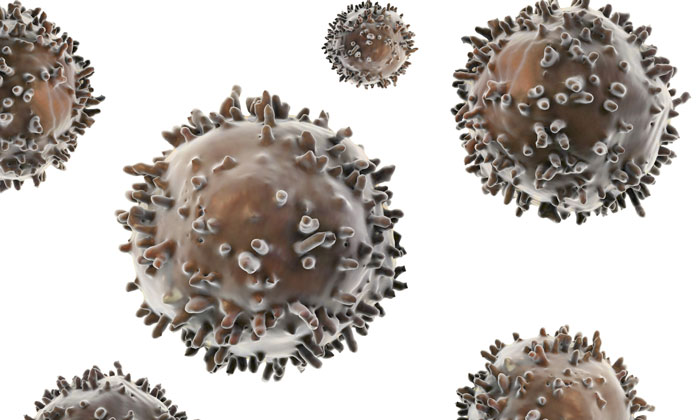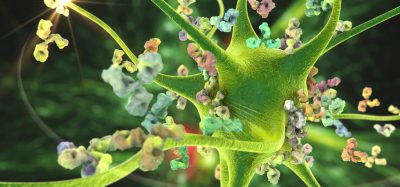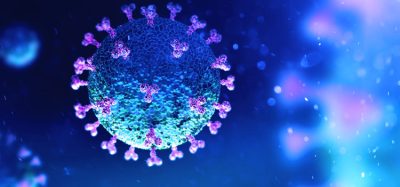Immune cells found to be derived from specialised progenitors
Posted: 9 May 2017 | Sarah Wills (Drug Target Review) | No comments yet
Dendritic cells are gatekeepers of immunity and crucial for the detection and initiation of immunity against pathogens and foreign substances. Up to now, dendritic cell subtypes were thought to develop from one common progenitor. New findings from a team of researchers show with single cell resolution that this important component of the human immune system actually develops from specialised progenitors.


These findings have implications for the development and optimisation of vaccines.
The research team, led by Dr Florent Ginhoux from A*STAR’s Singapore Immunology Network (SigN) and in collaboration with Prof Dr Joachim Schultze, Dr Andreas Schlitzer and Dr Marc Beyer from the LIMES Institute of the University of Bonn and the German Center for Neurodegenerative Diseases, were able to analyse the regulation of human dendritic cell development and functional specialisation with single cell resolution in the human blood and bone marrow.
Human dendritic cells in the blood are an important interface between the innate and the adaptive branch of the immune system. Thereby these results constitute an important step in understanding the role of this immune cell subtype during the regulation of human immune responses.
How are these processes regulated?
“Up to now assessing the transcriptional regulation of single human dendritic cells was extremely difficult,” Dr Schlitzer reports.
The research teams were able to analyse these processes with a combination of single cell transcriptomics, mass cytometry and sophisticated high-dimensional flow cytometry, which allowed unprecedented detail to fully understand the development of these immune cells.
Mapping the complete developmental cycle of human dendritic cells
The findings show that dendritic cells, rather than developing from one common progenitor, are developing from subtype specialised progenitors which find their subtype identity very early during their development in human bone marrow.
These findings provide the basis for a better and more detailed understanding of the regulation of human immune response and are important for the development of new and more effective vaccinations against e.g. infectious diseases.
Related topics
Flow Cytometry, Immunology
Related organisations
SigN, University of Bonn
Related people
Dr Florent Ginhoux, Prof Dr Joachim Schultze








